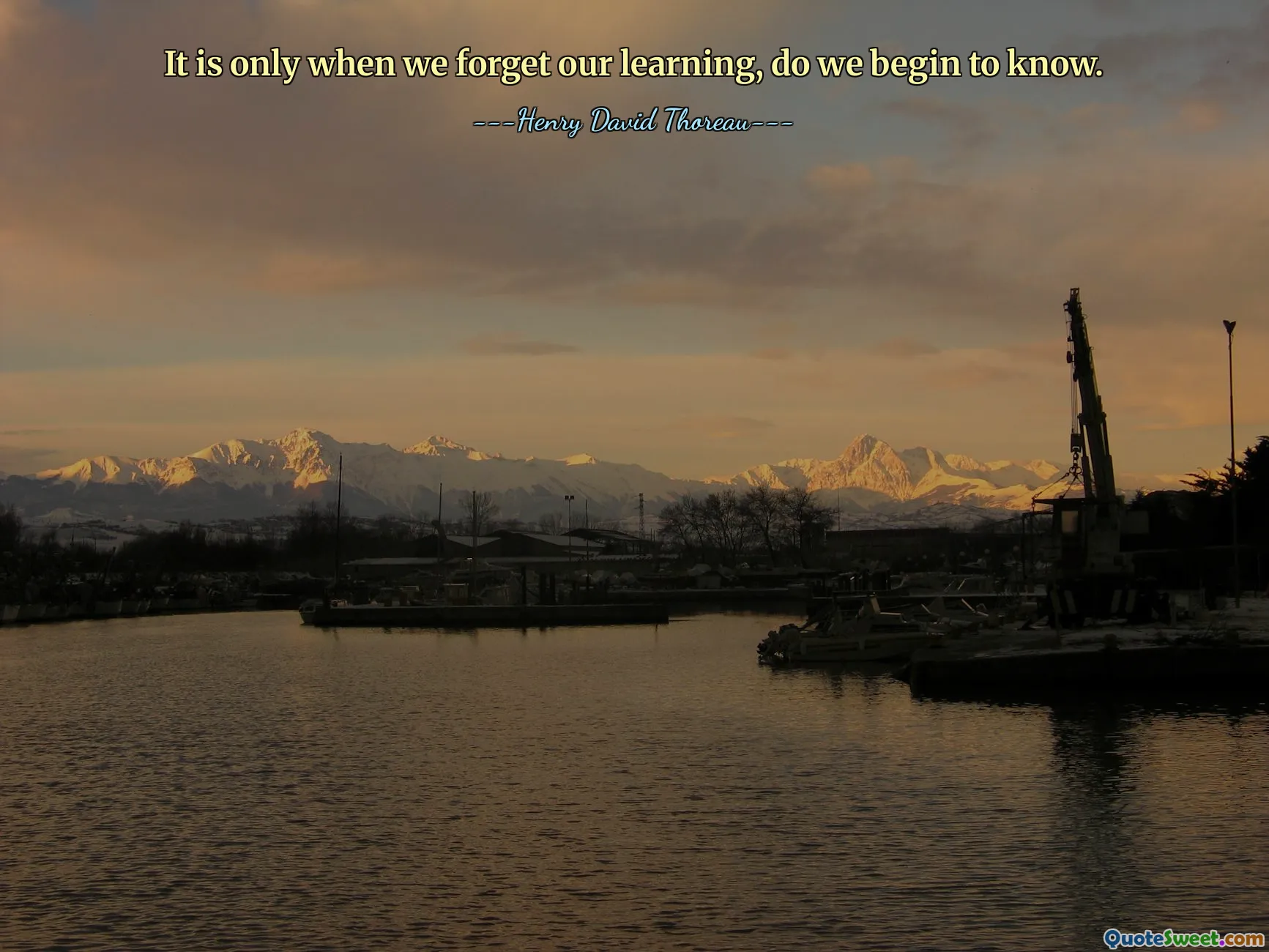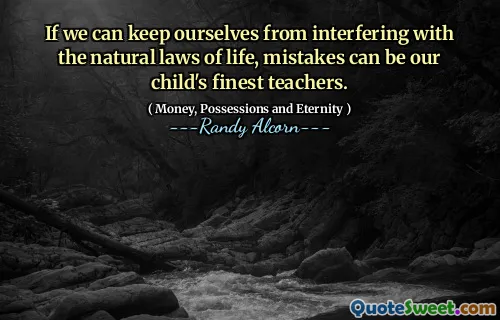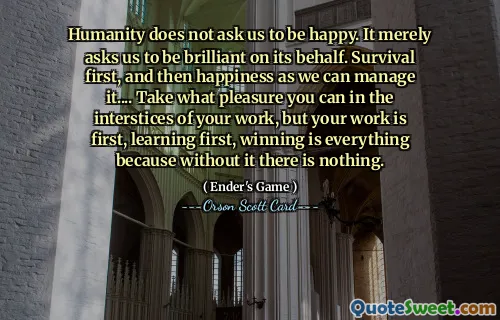
It is only when we forget our learning, do we begin to know.
This quote underscores the paradox that true understanding often emerges when we let go of preconceived notions, learned theories, or rigid methods. In many learning journeys, individuals become confined by the confines of their existing knowledge, assuming that mastery comes from memorization or repetitiveness. However, genuine insight often requires a form of mental humility — the recognition that what we already know may be limiting our exploration of new ideas or deeper truths. When we consciously forget or set aside our learned frameworks, we open ourselves up to experiencing concepts more directly, without the filter of prior assumptions. This process can be compared to approaching a problem with a fresh mind, free from biases, leading to innovative solutions and higher understanding.
This idea also touches on the importance of experiential learning and intuition. Sometimes, our formal education or accumulated knowledge can create a mental rigidity, preventing us from truly 'knowing' in a deeper, more intuitive sense. By forgetting these learned schemas, we allow room for genuine insight, discovery, and connection to emerge naturally. It reminds us that learning isn't just about accumulating facts but about internalizing and uncovering truths through genuine experience, reflection, and sometimes, conscious forgetfulness. Only then can we transcend superficial knowledge and reach a more authentic understanding of the world and ourselves.
Henry David Thoreau's perspective invites us to rethink the process of learning—seeing it not purely as a pathway to accumulation but as a pathway to profound connection and realization. This approach encourages humility, openness, and the recognition that the true mastery of knowledge is often revealed when we let go of our previous assumptions and approach life with a receptive mind.









